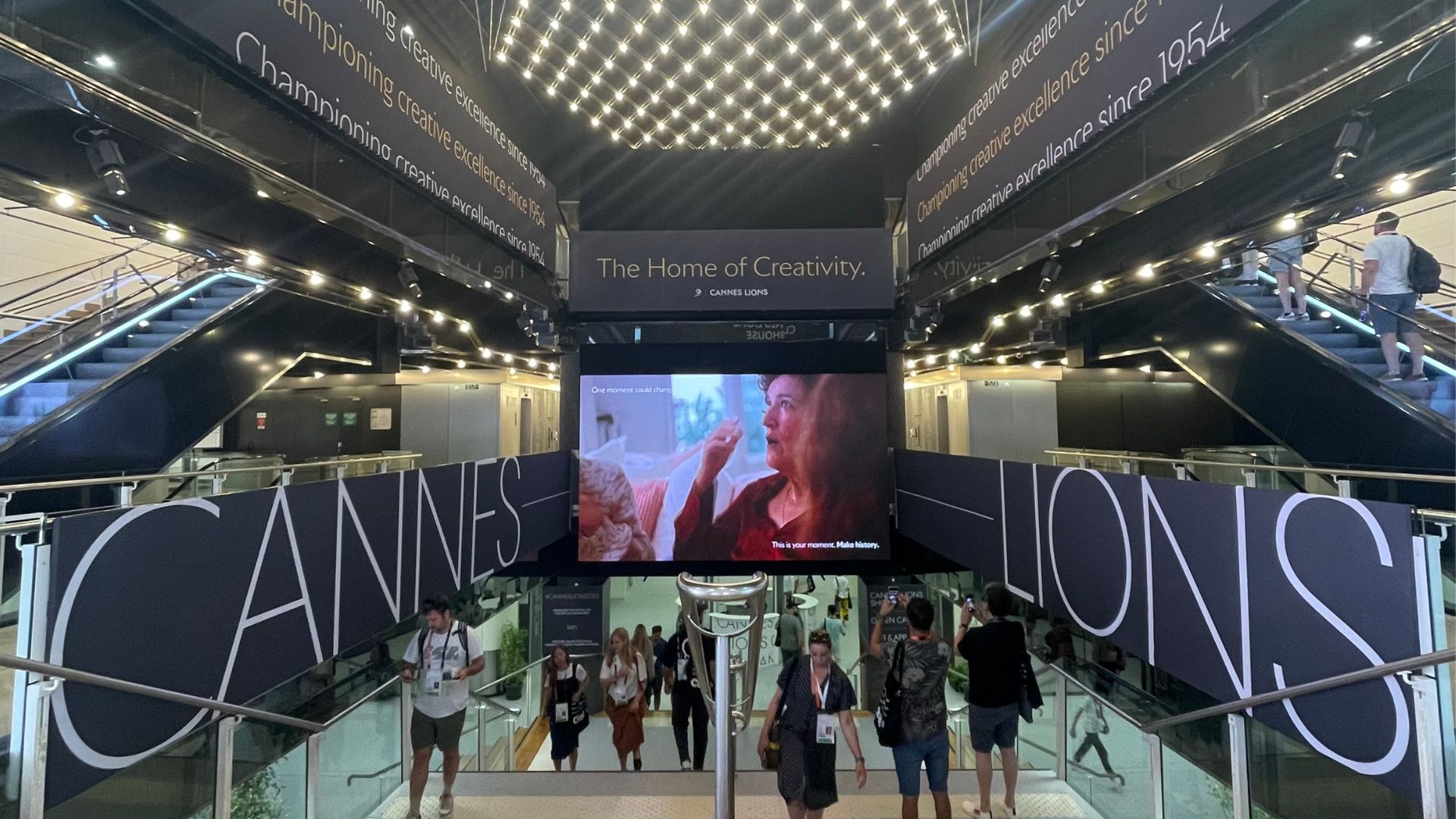 At the latest Eurobest competition in Helsinki I had the unique opportunity to be one of 10 judges within the PR-category. I can assure you that being a judge is not a job that one can take lightly: there’s a lot of pre-judging to do in the weeks prior to the festival, then there’s a first long list, followed by a second one and finally you work your way through, in our case, to the best 50 or so PR-cases. This long, but very insightful, process led me to create and share these five tips to help boost your odds at winning a Eurobest Gold or, why not, a Cannes Lion.
At the latest Eurobest competition in Helsinki I had the unique opportunity to be one of 10 judges within the PR-category. I can assure you that being a judge is not a job that one can take lightly: there’s a lot of pre-judging to do in the weeks prior to the festival, then there’s a first long list, followed by a second one and finally you work your way through, in our case, to the best 50 or so PR-cases. This long, but very insightful, process led me to create and share these five tips to help boost your odds at winning a Eurobest Gold or, why not, a Cannes Lion.
1. Choose the right category.
We came across at least 20 cases that did not really belong in the PR category. You can’t fool PR-people: if you want to put forward an integrated campaign of which only 10 percent is PR, don’t put it in the PR-category because it will be dismissed by the judging panel.
2. Make sure the executive summary is a summary.
Judges, whatever category they are in, may have to read, view and listen to more than 200 cases. If the protocol says the summary of your case should be max 1 A4, then try to make sure it’s shorter than a one-pager. Why? It will not get read, and more importantly, it will cause irritation, and that’s not what you want if you’re going for gold. And spelling mistakes along with writing blah-blah-blah instead of genuine insights won’t help your case either.
3. Speaking of which, where is the insight?
Judges like to know what the insight is on which you’ve based your big idea. This is much more important than showing how you have implemented the tactics of your campaign. Share what the insight is that led to your communication strategy.
4. Where are the results?
No matter how brilliant and awesome the big idea, your case won’t survive the judge’s gavel if your case study lacks results or is one where the results are hidden away. To be clear, results are not “great national coverage” or “all of the key regional media.” You need to be as precise as possible and calculate the total value. Show the judges how you calculated it and don’t exaggerate. Judges can count too! When possible, demonstrate real business impact: “boosted sales with 10 percent” or “improved customer satisfaction from 75 to 91 percent.”
5. Be brave and KISS!
I already mentioned the importance of keeping it short, well, also keep it simple. No need to make your strategy look complex and ingenious. I know now that it takes a lot of courage to come up with a simple, authentic, yet effective and impactful campaign. I also know now that it’s those brave people who often win.


